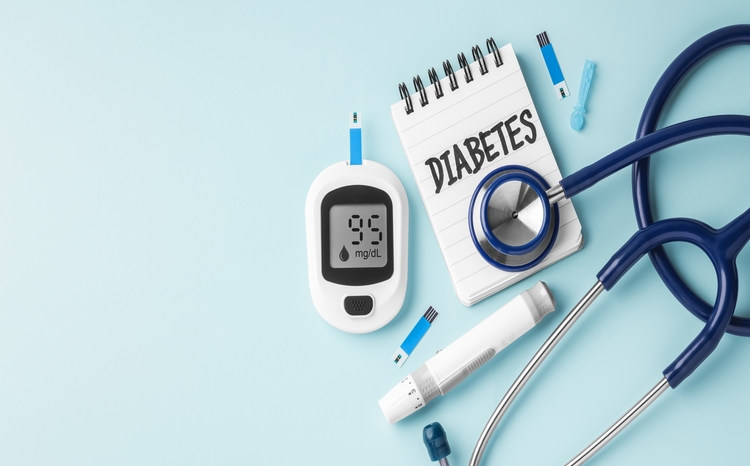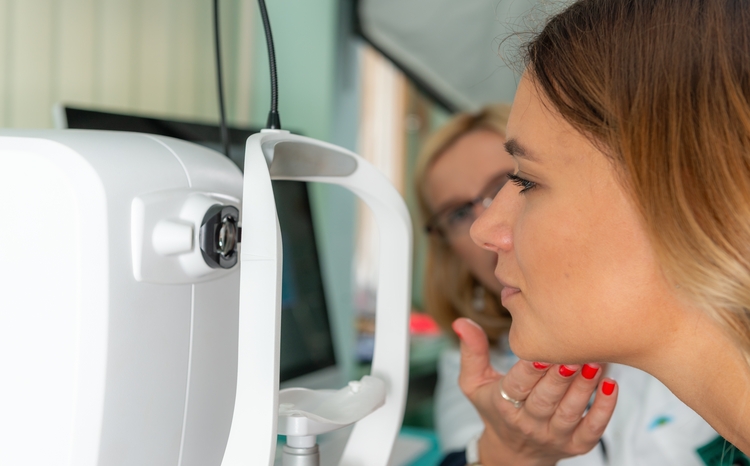Self-monitoring solution for gestational diabetes shows promise in trials

A study into the effectiveness of a new self-monitoring tool for gestational diabetes has suggested that it could improve outcomes for pregnant women and their babies.
GDm-Health is an NHS-approved app designed to allow women who develop hyperglycemia during pregnancy to track their blood sugar levels on a mobile device.
After measuring their blood sugar levels using a blood glucose meter, patients can download the data to their smartphone and then share this their healthcare professional, who can then give feedback on their progress and provide advice.
The app has been designed by health-tech company Drayson Health, in collaboration with the University of Oxford and the Oxford University Hospitals NHS Foundation Trust.
A study into safety and effectiveness of GDm-Health recorded “statistically significant” improvements to adherence to blood glucose monitoring, as well a reduction in caesarean sections, which are often induced in women with gestational diabetes to lower the risk of complications during birth.
The study also suggested a reduction in pre-mature births for patients who used GDm-Health, however the researchers concluded that this “did not reach statistical significance.”
Dr Lucy Mackillop, consultant obstetric physician at Oxford University Hospitals NHS Foundation and lead author of the paper, said the study “demonstrates the potential utility of GDm-Health to improve care and outcomes for women with gestational diabetes and their babies”.
The trial was funded by the National Institute for Health Research (NIHR) Oxford Biomedical Research Centre and involved 203 patients.
It follows a series of patient self-care initiatives aimed at tackling diabetes, including a large-scale effort spearheaded by NHS Digital.
Professor Lionel Tarassenko, head of engineering science at the University of Oxford, said: “This trial is another example of how self-management by patients using digital health tools can be secure, gives them greater control of their condition and reduces the number of times they have to visit clinic.
“It improves communication between patient and clinical staff, reduces the amount of time spent by nurses and midwives on administrative tasks and allows for accurate auditing of data about care and outcomes.”
Drayson Health and the academic teams now hope to work with regulators to make GDm-Health “widely available across the UK and internationally”.
Lord Paul Drayson, chairman and CEO of Drayson Health, said: “We are delighted with these clinical trial results, which underline the GDm-Health product’s safety and efficacy in improving patient outcomes in gestational diabetes.
“The progress we are making in our partnership with Oxford University and Oxford University Hospitals NHS Foundation Trust to develop clinically validated software applications powered by artificial intelligence is very encouraging. “




